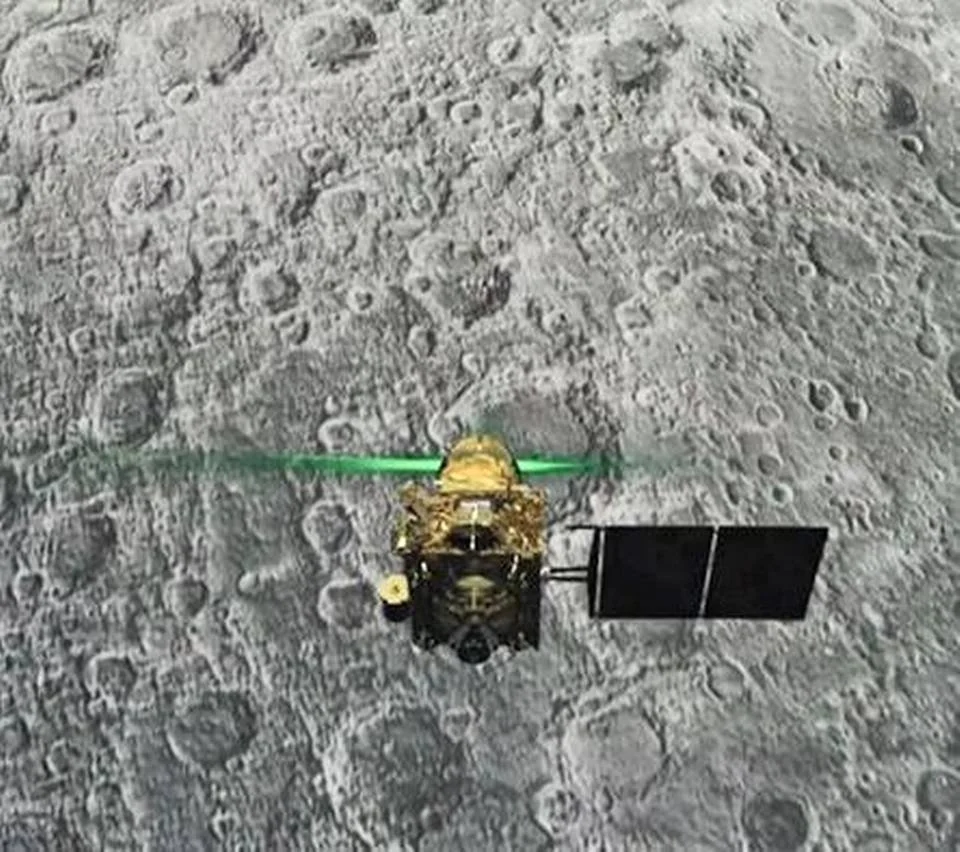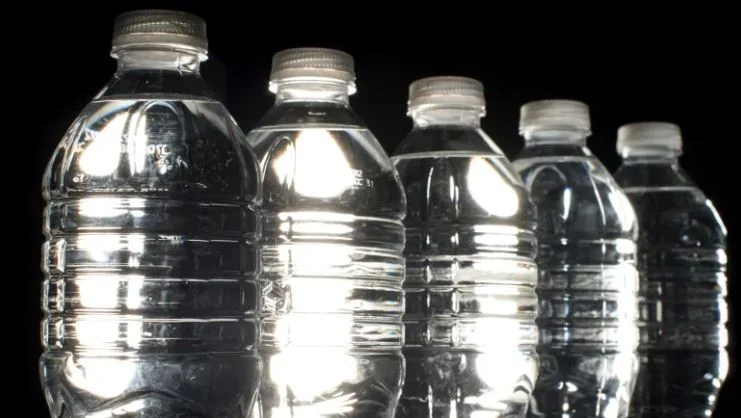New data shows most of the world’s lakes are shrinking. The study was published by the journal Science, done by University of Virginia hydrologist, Fangfang Yao. It suggests climate change and human consumption are causing big water bodies to dry up, even in humid climates with more precipitation. According to Environment Canada, lakes in Southwestern Ontario are slowly rising — contradicting that trend.
Brechin boil water advisory
Boil water advisory issued for some Kenora residents
A boil water advisory has been issued for Kenora, Ont., residents who are north of the Canadian Pacific Railway and consume water from the city's water distribution system. According to a news release, the boil water advisory, which came into effect on Tuesday, is due to a major water main break, which has made it so the safety of the drinking water cannot be guaranteed.
Alma struggling with critical water shortage, boil water advisory
A severe water shortage has prompted a boil water advisory in the village of Alma. In a news release, Mayor Andrew Casey said the water reservoir is at a critically low level, and the village on the edge of Fundy National Park is using its backup well. The village of recommended boiling water for one minute prior to consumption — including water used for mixing juice, dental hygiene, washing vegetables, making ice or any other activity requiring human consumption.
Australia is putting a rover on the Moon in 2024 to search for water
The ten-kilogram rover, measuring 60x60x50cm, will be launched on board the Hakuto lander made by ispace, a lunar robotic exploration company based in Japan. The rover itself, also built by ispace, will have an integrated robotic arm created by the private companies Stardust Technologies (based in Canada) and Australia’s EXPLOR Space Technology. Using cameras and sensors, the arm will collect high-resolution visual and haptic data to be sent back to the mission control centre at the University of Technology Sydney. It will also collect information on the physical and chemical composition of lunar dust, soil and rocks - specifically with a goal of finding water. We know water is present within the Moon’s soil, but we have yet to find a way to extract it for practical use. The big push now is to identify regions on the Moon where water sources are more abundant, and which can deliver more usable water for human consumption, sample processing, mining operations and food growth.
Annapolis Royal issues boil water advisory
The Town of Annapolis Royal, N.S., issued a boil water advisory Friday, citing "apparent contamination" at the water utility and the possibility of unsafe water. People are being told to boil water for at least one minute before drinking or using it for any activity involving human consumption. The order started at 3 p.m. AT and remains in effect until further notice. On June 29, residents of the town had been asked to conserve water because of a failure in a section of the Granville Ferry water storage system.
Another Ontario First Nation declares a state of emergency over water
Eabametoong First Nation, an Ojibway community that sits about 360 kilometres north of Thunder Bay, passed a band council resolution declaring a state of emergency Friday after water test results showed levels of trihalomethanes (THMs) between 122 to 182 per cent above Health Canada safety standards.
Yesno said residents are also reporting a foul smell coming from the community's tap water.
Study sheds light on human consumption of microplastics
The study found that a person's average microplastic consumption — based on those food items previously analyzed — would likely be somewhere between 70,000 and 121,000 particles per year. While younger girls were at the lower end of the spectrum, adult men were at the high end. People who consume a lot of bottled water could see that number jump by up to 100,000 particles per year.









